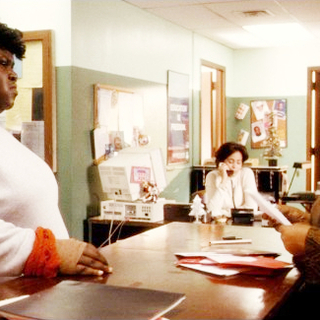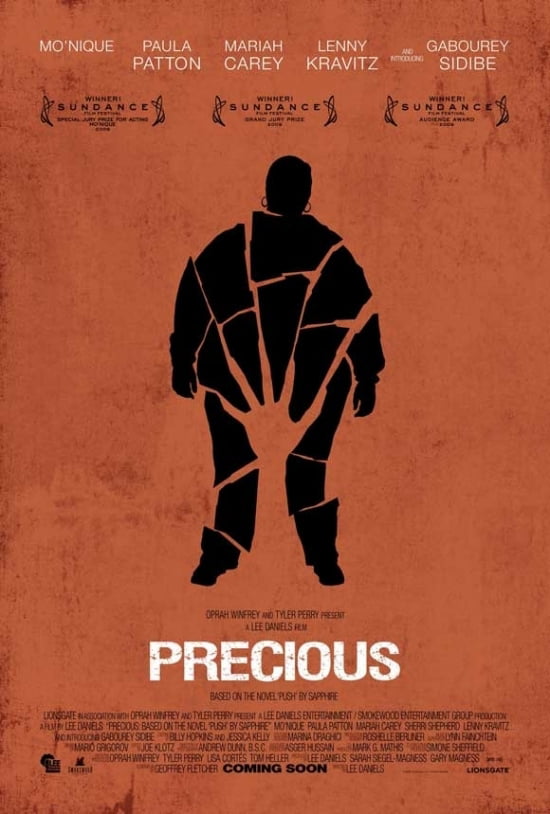

"She's doing her very best to stay here, little man." He grabs me up in his arms. He talks to me in French sometimes and looks at my homework.

A machine is going whoosh-rump whoosh-rump whoosh-rump. Her hands got tubes stuck in 'em too and I all swole up. Another tube is stuck in her throat, it has tape around it. There's clear plastic tubes stuck in my mommy's nose, they come out her nose and is taped to the side of her face, go up to a clear plastic bag hanging up above her head. "If he's willing to go back with the truth about who he is, we get the feeling that he can begin to get a life," Sapphire says. Abdul is ultimately confronted by a doctor who allows him to see himself, to stop pointing the finger at the world and look at himself as a victimizer. For example, she says, when Abdul dances he says he feels "warm and dark like my mom."īut - spoiler alert - the book does not offer a feel-good ending. Sapphire explains that when Abdul conjures up memories of his mother, he stays emotionally alive. The novel highlights not just the transformative power of art, but also of memory. "Precious has imbued in him a deep sensibility of ambition, and he is transfixed by the idea of becoming an artist, which actually puts a harness on some of the bad things he would do." "I don't want you to forget as a reader, even though you've had to go to some hard places, how Abdul is transformed by his positive experiences," she adds. Sapphire says she wanted to show how an innocent boy is transformed by his negative experiences. Interviews Sapphire's Story: How 'Push' Became 'Precious' That's part of what I wanted to bring out in the text." "There is a cycle of abuse that is very much above water, and then there's another area of the cycle that is very much hidden. "This is what happens to a vast majority of people who have been abused," Sapphire says. Ultimately, Abdul becomes a victimizer himself. He then goes into a Roman Catholic orphanage and is victimized again. He is placed in foster care, where he faces physical and sexual abuse. In an interview with NPR's Michel Martin, Sapphire says Abdul begins a downward spiral after the death of his mother.

It opens with the funeral of Precious, who has died of complications related to her HIV/AIDS infection, and then follows her son, Abdul Jamal Jones, as he grows up.Ībuse is central to the experiences of both Precious and Abdul. Sapphire's second novel, The Kid, is out this week. The movie was based on the novel Push by Sapphire.

Movie fans know the story of Claireece "Precious" Jones - the pregnant African-American teen who was a victim of incest and abuse - from the provocative, award-winning film Precious starring Gabourey Sidibe. (Language Advisory: This conversation contains language that may be considered too graphic for young listeners.)


 0 kommentar(er)
0 kommentar(er)
